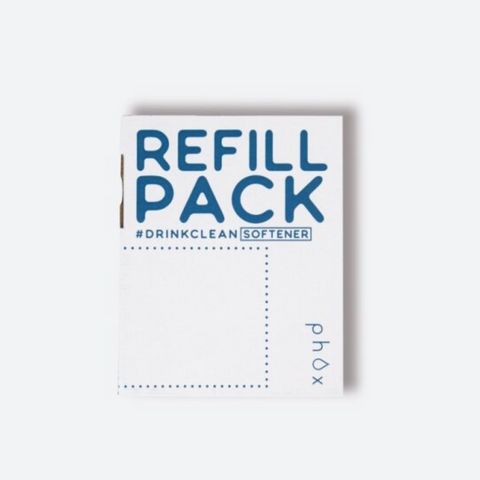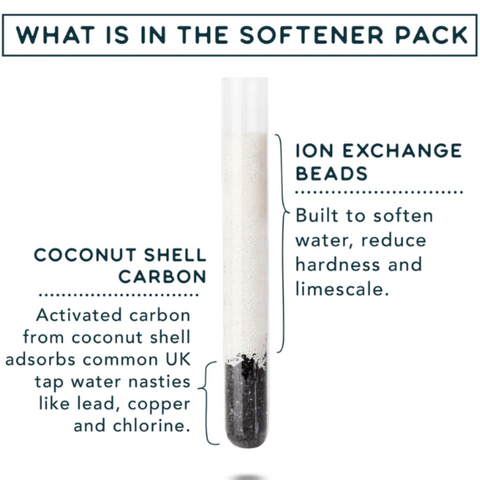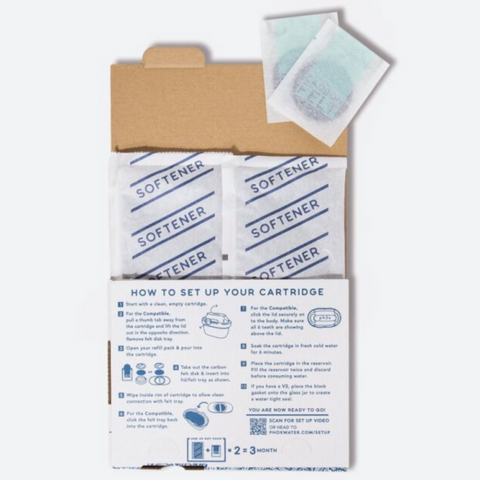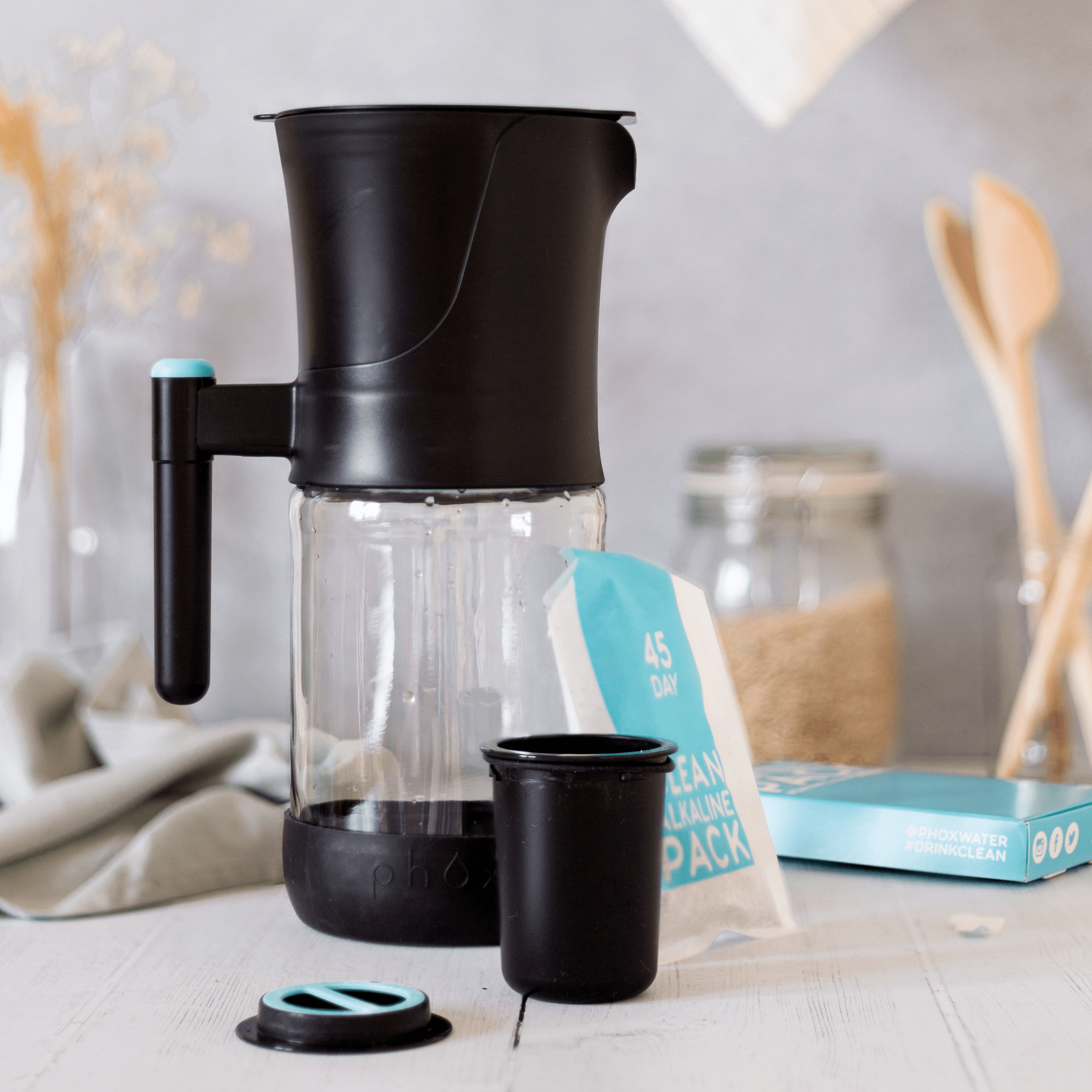Hard vs. Soft Water: Crystal-Clear Insights You Need
Water is an indispensable element of our existence, yet it possesses distinct variations that significantly impact our daily lives. In this blog post, we delve deep into the contrasting realms of hard water and soft water, providing you with a comprehensive understanding of their characteristics and consequences.
The Basics of Hard Water:
Hard water, distinguished by its elevated mineral content—chiefly calcium and magnesium—accumulated during its journey through underground rock and soil, is a type of water that many people aim to avoid due to various health and practical concerns. One of the most prevalent issues associated with hard water is the buildup of limescale, a stubborn residue that can accumulate on faucets, showerheads, and other fixtures, impeding their functionality. Beyond this inconvenience, hard water can also pose challenges for individuals with certain health sensitivities, making it a common target for water-softening solutions.
The Soft Water Spectacle:
In contrast to hard water, soft water boasts lower levels of calcium and magnesium minerals due to various treatment processes. This reduction in mineral content makes soft water an ideal choice for various household applications. Soft water optimises the efficiency of appliances like water heaters and washing machines, ultimately leading to energy savings and extending the lifespan of these devices. It's no wonder that many households opt for soft water to streamline their daily routines and mitigate the challenges associated with hard water.

The Telltale Signs of Hard Water:
Detecting hard water in your residence can be pivotal. Common indicators include soap scum buildup in your shower, a conspicuous white residue on utensils and fixtures, and the frustrating phenomenon of insufficient lather while using soap or shampoo. Furthermore, hard water can precipitate scale buildup within appliances and plumbing systems.

Benefits of Soft Water:
Soft water introduces a multitude of advantages to your daily routine. Its gentle properties contribute to enhanced skin and hair care, while also ensuring immaculate cleanliness for your dishes and glassware. Moreover, soft water optimises the efficiency of appliances such as water heaters and washing machines. These benefits, combined with reduced soap and detergent consumption, translate into notable cost savings over time.



